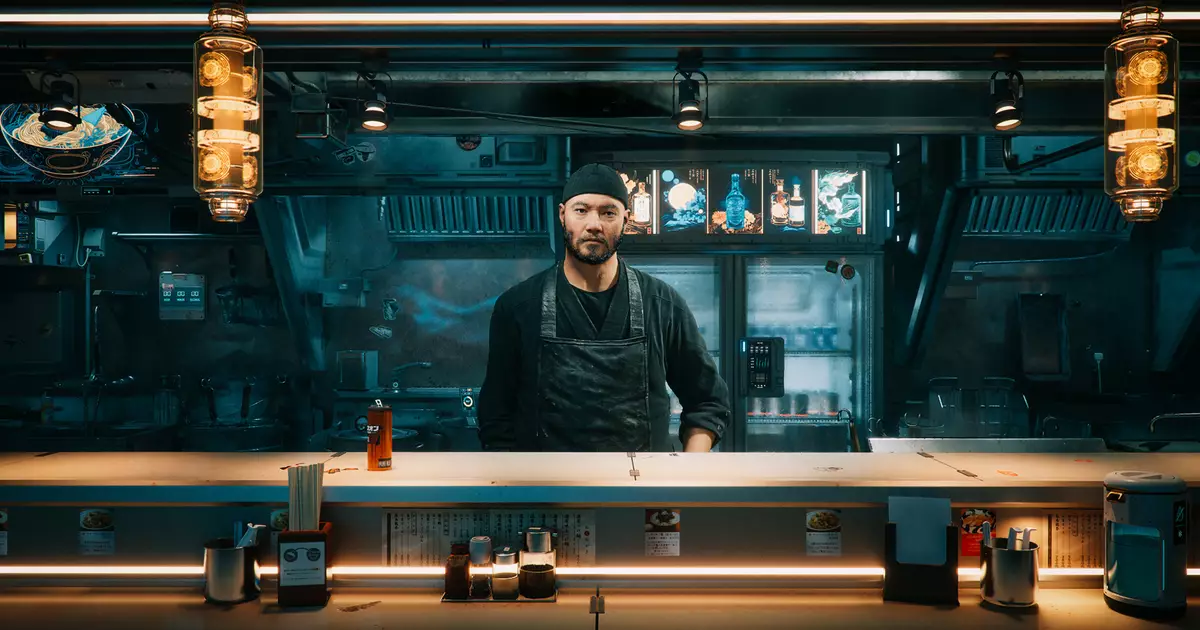The debate over generative AI is currently one of the hottest topics not only in the world of video games but also in art and culture as a whole. One of the biggest players in this debate is the CEO of Nvidia, a major graphics card company, who recently made a bold prediction. Jensen Huang stated that within the next 10 years, we will see games where everything seen on-screen is fully generated by AI in real-time. This prediction has sparked a lot of discussion and speculation about the future of video games and technology as a whole.
During Nvidia’s GPU Technology Conference, Huang discussed the current state of generative AI and its potential for development. He mentioned that we are already two years into the ‘S curve’ for the widespread adoption and capabilities of generative AI. Huang believes that most technologies become practical and better within a decade, with the possibility of it happening even sooner, possibly within the next five years. He mentioned that technologies like ChatGPT are already practical and, in most cases, better than traditional methods. This leads him to believe that within the next five to ten years, we will see a significant shift towards AI-generated content in various applications.
Nvidia, along with many other tech and non-tech companies, is already experimenting with the use of AI and machine learning in various applications. From high-concept tech demos where NPCs engage in AI-generated conversations to more practical uses like Deep Learning Anti-Aliasing and Deep Learning Super Sampling, AI is already making its mark in the industry. These technologies aim to enhance the user experience and push the boundaries of what is possible in terms of graphics and interactivity.
However, there are still challenges and uncertainties surrounding the widespread adoption of AI in video games. While AI has made significant progress in generating content like video clips in a matter of seconds, there is a difference between enhancing existing assets and creating entire games from scratch. Huang’s prediction raises questions about whether AI will eventually replace traditional GPUs in rendering graphics or if it will be used to create games on the fly. Despite the potential benefits of AI in game development, there are concerns about its impact on artists and creators who may risk losing credit and compensation for their work.
It is clear that AI will play a significant role in the future of video games and technology. Huang’s prediction highlights the potential for AI to revolutionize the way games are created and played, opening up new possibilities for developers and players alike. As we move towards a future where AI-generated content becomes more prevalent, it will be crucial to consider the ethical implications and ensure that artists and creators are properly recognized and compensated for their work. Ultimately, the next decade of AI development in video games will be a balancing act between innovation and responsibility.


Leave a Reply